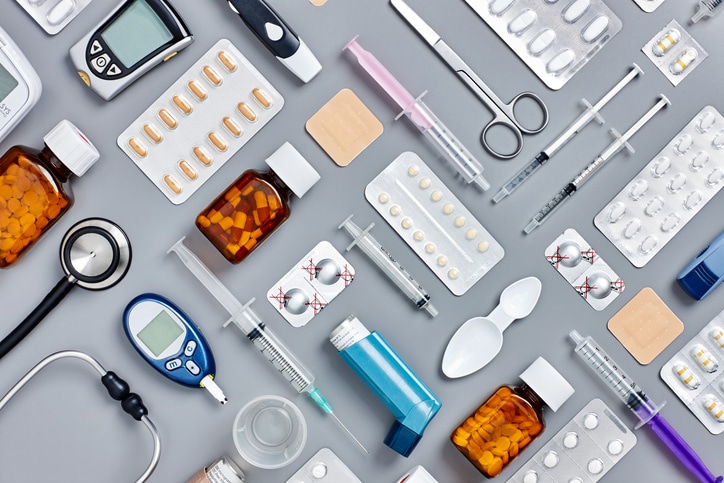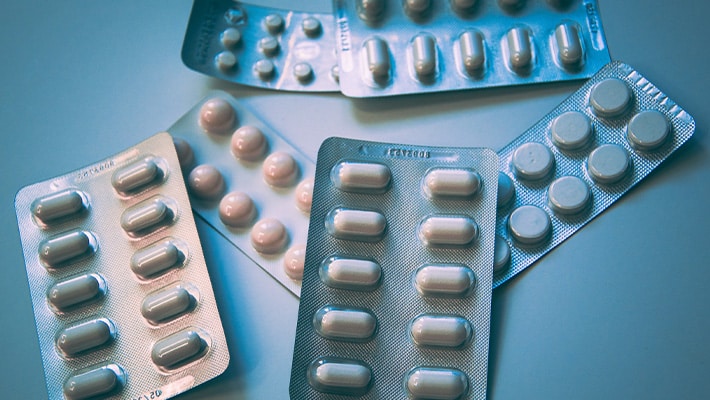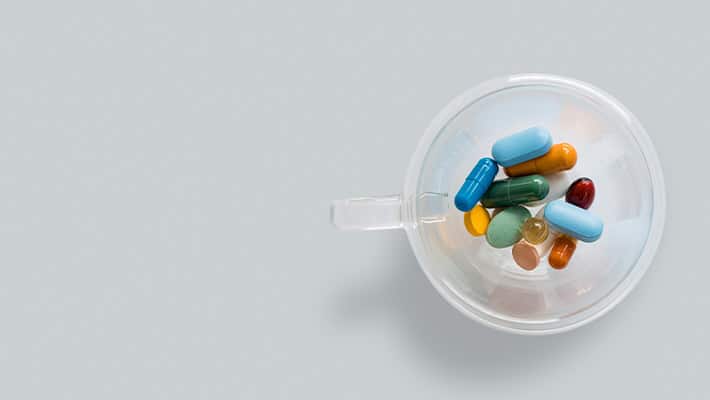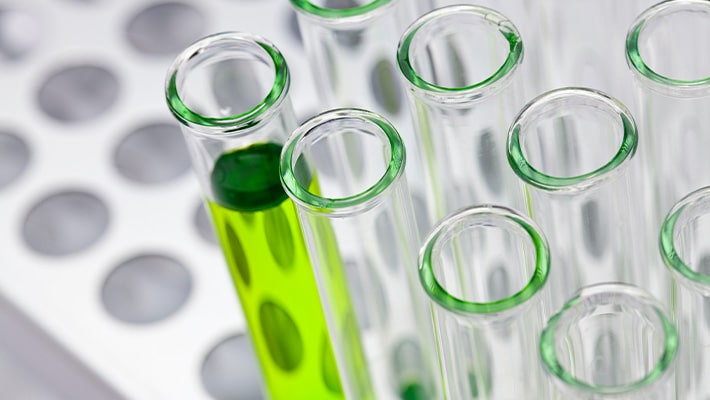Defective Medical Devices
Contemporary medical devices have revolutionized healthcare, improving the quality of life of thousands of patients and saving lives. Results that couldn’t have been imagined ten years ago are commonplace today. Medical devices make lives better all around the world—but only when they are designed and used correctly.
An improperly designed or defective medical device can cause harm. They can be extremely dangerous, particularly since these devices are often implanted in the body.
Some manufacturers attempt to dodge responsibility for the problems caused by their medical devices. They engage in cover-ups and deny facts. The product, therefore, remains in use in hospitals and medical supply stores – and patients suffer. The Food and Drug Administration (FDA) exists to protect people from these defective devices. However, by the time the FDA becomes alerted of a problem and intervenes, the damage has often been done to hundreds or thousands of patients who used the faulty device.

Responsibility of Medical and Pharmaceutical Companies
It is hard to believe that a faulty medical device would become widely used. Since the consequences can be so extreme, common sense would dictate these devices are tested extensively before being allowed on the shelves.
Ideally, this is what happens.
However, there are legal loopholes that allow medical and pharmaceutical companies to skip steps in safety testing, bringing their unproven products to market much faster. When a device is not properly researched or tested before being sold, the chances of it being defective are much higher.
FDA Regulations
One responsibility of the FDA is to protect the public from faulty and unproven medical equipment and medications. Products are supposed to undergo years of testing before being approved by the FDA. However, even in cases where proper regulations are followed, these tests aren’t perfect. Some medical devices may pass the test and still be defective. These are very unfortunate cases because it usually takes injury to a large number of consumers before the product is recalled or the FDA launches an investigation.
Types of Defective Medical Devices
Any medical device can be defective, though some are more common than others. A few examples of devices that can be defective include the following:
- Pacemakers failing to keep a proper heart rhythm or stopping altogether
- Leaking or breaking heart valve implants
- Poorly sterilized IUDs or gynecological devices
- Defective joint implants
- Breast implants damaging the immune system
Consequences of Defective Medical Devices
The health problems caused by a malfunctioning medical device can be extreme. Particularly when a patient needs a device to survive, like a pacemaker, a malfunction can result in death. Poorly sterilized devices can cause serious infections, sometimes leading to infertility, loss of function, or even amputation.
Many of these issues can, and should have been, prevented.
Defective Medical Devices Under Investigation
The attorneys at Wilson Kehoe Winingham are currently investigating the following defective medical devices:
Get in touch with us if you have been injured by any of these devices.
Contact a Defective Medical Devices Attorney Today
The medical care required following a faulty medical device can be extremely costly. The emotional impact may be even greater. You may be eligible for compensation for current and future medical bills, lost wages, and pain and suffering.
If you or a loved one have been injured as a result of a defective medical device, you are urged to contact the Indianapolis Defective Medical Devices Attorneys of Wilson Kehoe Winingham. The lawyers at WKW can help you get the compensation you deserve. Call 317.920.6400 or fill out an online contact form for a free, no-obligation case evaluation.
Table of Contents
Contact Us
Let WKW put our experience to work for you. Contact us for your free case evaluation.
Or, call us today at (317) 920-6400





